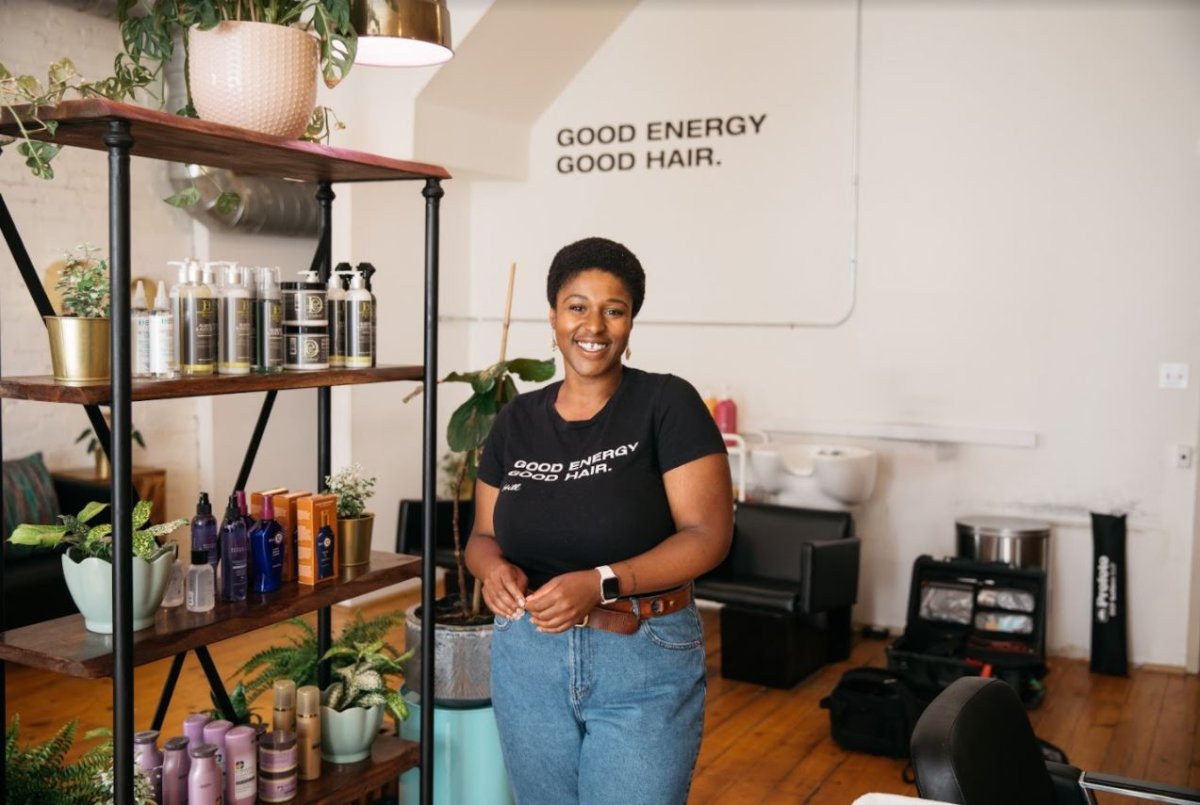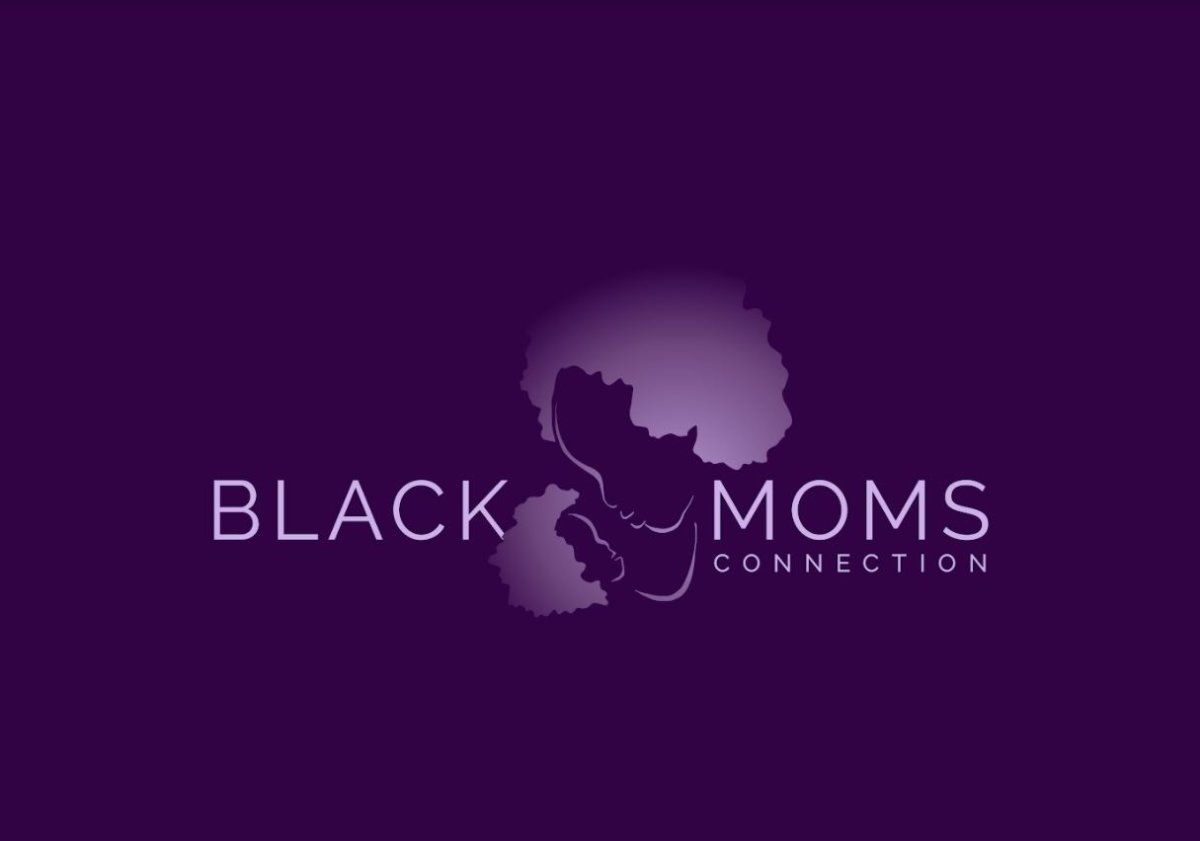The coronavirus pandemic has caused communities that once met in person to move online, Black-only spaces included.

Allison Hill is the founder of the Toronto-based Black-only space Restore. The wellness program aims to give Black women practical tools to restore hope, joy and community through different wellness practices like group yoga, meditation and counselling — all facilitated by the Restore team, which consists of Black counsellors, therapists and trauma-informed yoga instructors.
“I think one of the things that a lot of people don’t consider about the intersection of being Black and anything, is that we are constantly having to fight against microaggressions, all sorts of things that, if you’re not Black, you don’t necessarily understand,” said Hill.
Black-only spaces — online or in person — are intentionally created as places for Black people to gather.
Hill notes that Black-only spaces aren’t centred around excluding others, but creating safe places for Black people to heal.
Emilie Jabouin, a researcher and PhD candidate, has been focused on Black women’s political historiography in Canada.
Jabouin said Black women have very specific experiences of violence in Canadian society, and when it comes to Black-only spaces, they can, and have, provided “peer support, validation and acknowledgment of people’s experiences, especially from an anti-oppressive and anti-racist perspective.”
“When our experiences are validated, it’s possible and easier for us to heal,” she said.
Finding out the history of Black-only spaces in Canada is difficult, due to the lack of information available. Global News reached out to several experts who all verified this lack of historical documentation.
As well, when Black-only spaces become more mainstream, these spaces often receive backlash. For example, just recently, the Montreal West Island Black Community Association was interrupted with racist, verbal attacks during its virtual general assembly meeting.
Jabouin said the reason why most of these groups are found through word-of-mouth instead of online is likely because they’re looking to maintain the integrity of the space, while staying focused on their goals of organizing and healing Black people.
And when we look back at the last year of police brutality against Black folks, societal tension and the fact that Black Canadians are nearly three times as likely as the national population to know someone who has died from COVID-19, it’s no question that healing is in order.
At the beginning of 2020, Restore had three straight months of sold-out yoga classes. When COVID-19 hit, they planned to close down for just two weeks. Eventually, Hill understood the pandemic would last longer than first anticipated.
“I was very shaken up, and I didn’t really know what to do with the program at first. I was a bit hard on myself, because I was like, if I am this shook up, then how shook up is the rest of my community?” Hill said.
Hill realized it was more important than ever to bring everyone back together. After about a month of researching the best online platforms and supporting professionals they could work with, Restore sprung back to life in April 2020 with an increased interest. Restore went from hosting 10 people per class to reaching over 300 women across Canada by the end of 2020, with attendance tripling during the height of the Black Lives Matter protests.
In 2015, Tanya Hayles created the Facebook group Black Moms Connection with the goal to make a “safe space for Black women to share the trials and the triumphs of being a Black woman and a Black mother.”
The group also used to plan events like the Black Moms Connection summit, playdates for children and gear swaps.
As well, The Wine Down, a script-reading group-turned-social community, was started in 2018 by Alicia Richardson and evolved to take on a similar purpose: connecting Black creators and actresses in Toronto.
Like Hill, both founders were challenged to reimagine the experience of connection when the pandemic hit, which meant moving everyone online. And just like Restore, Hayles and Richardson saw an increase in membership — The Wine Down transformed from small group meetings to a growing email list of 70-plus creatives who meet on Zoom.
“Little did we know that doing that was going to be so vital,” Richardson said of the online transition. “Several women have said, in various email threads, or even during the chats themselves, that they were experiencing loneliness, depression or feelings of despair, and it was just so soothing and so nourishing to be in the presence of other Black women.”
Moving online also enabled the group to connect with other creators across Canada and in different countries. They were able to virtually bring in and meet playwrights from South Africa and Ghana who were looking for feedback and to gain international footing for their ideas.
Hayles saw her community grow as well, both in numbers and beyond borders. In 2016 the group grew from 400 to 4,000 in under two months, mostly due to American members looking for community as the Black Lives Matter movement went global. When the movement resurged this summer, she saw a spike again, with hundreds of new members.
“U.S. moms needed a place where they could say, ‘I’m afraid for myself, I’m afraid for my son,’ not be gaslit or told all lives matter, and have a safe space,” Hayles said.
The growth in membership did not come without its own challenges for the mostly Canadian group.
“Black people are not a monolith,” she said, noting the group had LGBTQ2 moms, divorced moms, religious moms and really every type of mom you might imagine. Moderating the group as it grew became more important in making sure it was a safe place for all.
Now, these Black-only spaces are looking at how they can continue serving their communities in the future.
Hayles is looking at how she can continue to create more resources for her growing U.S. membership and hopes to eventually purchase a building in Toronto that houses an Afrocentric, 24-hour child-care facility.
Once the impacts of the pandemic subsides, The Wine Down will alternate between meeting online and meeting in person. The group will continue working with creators, actresses and playwrights from around the world while focusing on sisterhood and camaraderie.
Hill and her team are working to bring back live classes to Restore and are working with the University of Toronto to develop a strategic, anti-racist initiative for clinic and community activation.
“There are so many opportunities to be innovative at this time,” Hill said, “and to really ask, ‘What do our people need? How can we get it to them?’”
Déjà Leonard is a copywriter and journalist located in Calgary, AB.







Comments